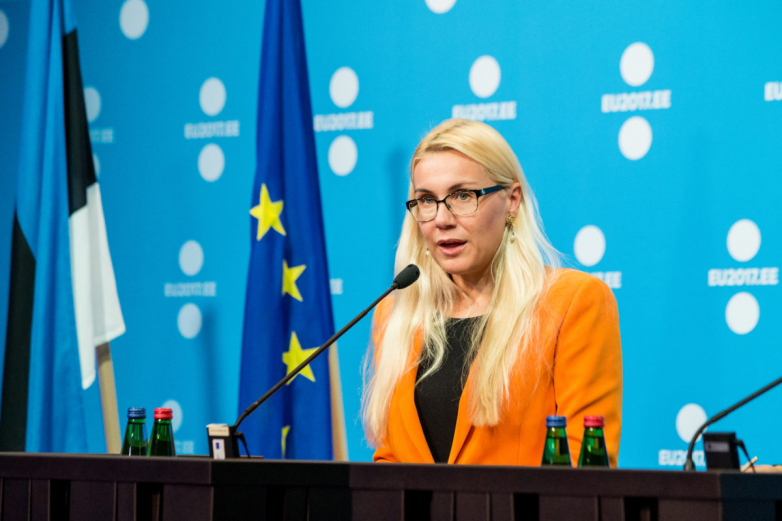Last call for responses on EU guidelines for renewables financing
- European people and stakeholders have up until twelve o'clock at night June 3 to comment on a collection of draft EU guidelines for a new funding system that would certainly allow member states to finance renewable energy jobs in various other participant states as a method of reaching their 2030 eco-friendly targets.

The growth of renewables has actually been uneven throughout the 28 EU participant states and while some nations reached their binding 2020 targets a number of years back, others are hanging back.
The possibility for large renewables implementation differs substantially from one member state to one more, depending on variables such as schedule of land as well as sources. The financing mechanism under the Renewable Energy Instruction has to some level taken this right into account, as the regulations allow for both statistical transfers and also joint tasks.
For example, Luxemburg has signed contracts with both Lithuania and Estonia where excess electrical power created in the latter two countries will certainly count in the direction of Luxembourg's renewables target. In return, Luxemburg must transfer repayments to Lithuania and Estonia that are spent on financing environment-friendly energy tasks. Financing jobs in an additional participant state to allow for physical imports of sustainable electrical power is likewise an alternative, as seen with the cross-border pilot auction for PV setups between Germany and also Denmark that was introduced in 2016.
Nevertheless, the European Compensation has prepared a brand-new set of regulations which takes bilateral funding a step even more by permitting participant states to finance projects in an additional member state as a way of reaching the 2030 renewables target. The brand-new regulations are anticipated to work by the beginning of next year. The four-week appointment period enables citizens and also stakeholders to comment on the draft policies prior to they are finalized and implemented into Renewable resource Directive.
Closing the space
It stays to be seen precisely just how the brand-new mechanism will work out in practice. Nonetheless, it appears likely that at the very least some member states will certainly see it as a helpful device to shut the void in the direction of their national targets as well as the EU's collective target of at the very least 32% renewables in last power intake by 2030. In 2018, renewables represented 18% of last power intake in the EU bloc, slightly lower than the 2020 target of 20%, according to Eurostat data. However, the data reveals big distinctions in between participant states. Sweden had the highest share with 54.6% complied with by Finland as well as Latvia at 41.2% as well as 40.3%. By comparison, the Netherlands and also Belgium only had a share of 9.4% and also 7.4% renewables, respectively.
To this end, the Dutch 10-year national energy and climate strategy submitted to the European Compensation says the Netherlands will work with the countries in the Pentalateral Power Discussion Forum-- Belgium, France, Germany, Luxembourg as well as Austria-- with the purpose of increasing the use of cross-border participation in renewable energy. The new funding device additionally provides an opportunity for wealthier countries to money jobs in much less affluent nations that boast huge potential for renewables growth, as already illustrated by Luxembourg's contracts with Lithuania and also Estonia.
EU commissioner for Power, Kadri Simson, noted that the mechanism could be specifically appropriate for boosting the economic climate in nations hard-hit by the Covid-19 pandemic.
For the member state hosting a project, the benefit is that it obtains added financial investment improving local work, lower CO2 emissions, enhanced air quality and minimized dependence on nonrenewable fuel source imports.
For the adding participant states, the mechanism needs to use them "the opportunity to receive renewable resource acknowledgment for every euro paid, take advantage of price financial savings and also economical renewable energy possibility across sectors as compared to totally nationwide release of renewable resource resources and also take advantage of reduced deal expenses," the draft regulations states.
The compensation kept in mind that there is no direct web link or negotiation between the host country and also the country adding monetarily as the "payment runs the process as well as allots the stats."
Parties thinking about providing comments on the draft regulations can follow this web link:
